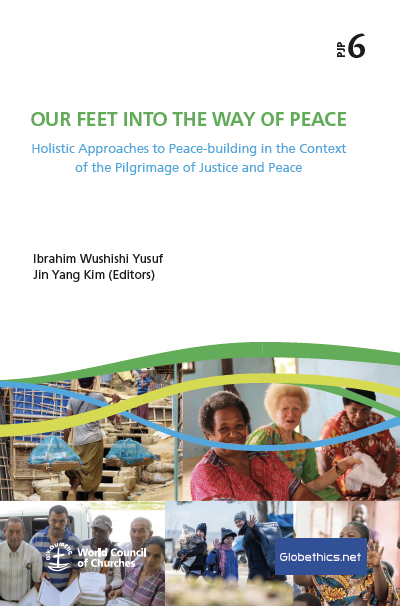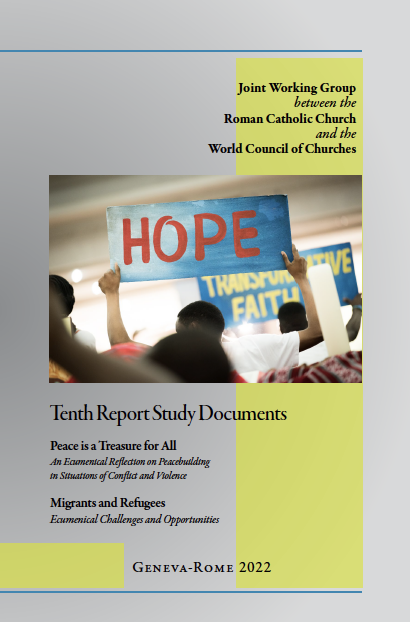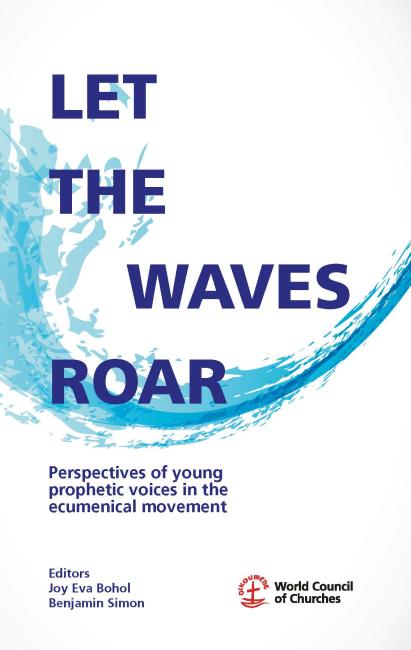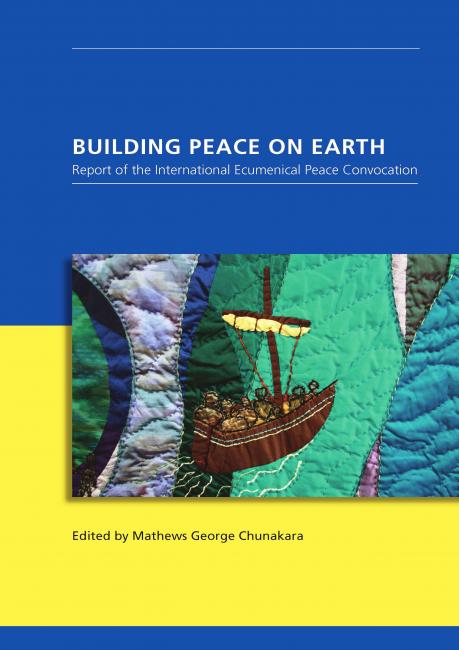Displaying 1 - 10 of 10
Young People and Their Voices from the Warzones
26 July 2023
Our Feet into the Way of Peace: PJP Series 6
Holistic Approaches to Peace-building in the Context of the Pilgrimage of Justice and Peace
19 August 2022
Tenth Report Study Documents
19 August 2022
Walking, Praying and Working Together
10th Report of the Joint Working Group of the WCC and the Roman Catholic Church
18 August 2022
Let the Waves Roar
Perspectives of Young Prophetic Voices in the Ecumenical Movement
19 December 2021
Just Peace Companion: Second Edition
15 January 2012
Spiritual Values for Earth Community
01 January 2012









